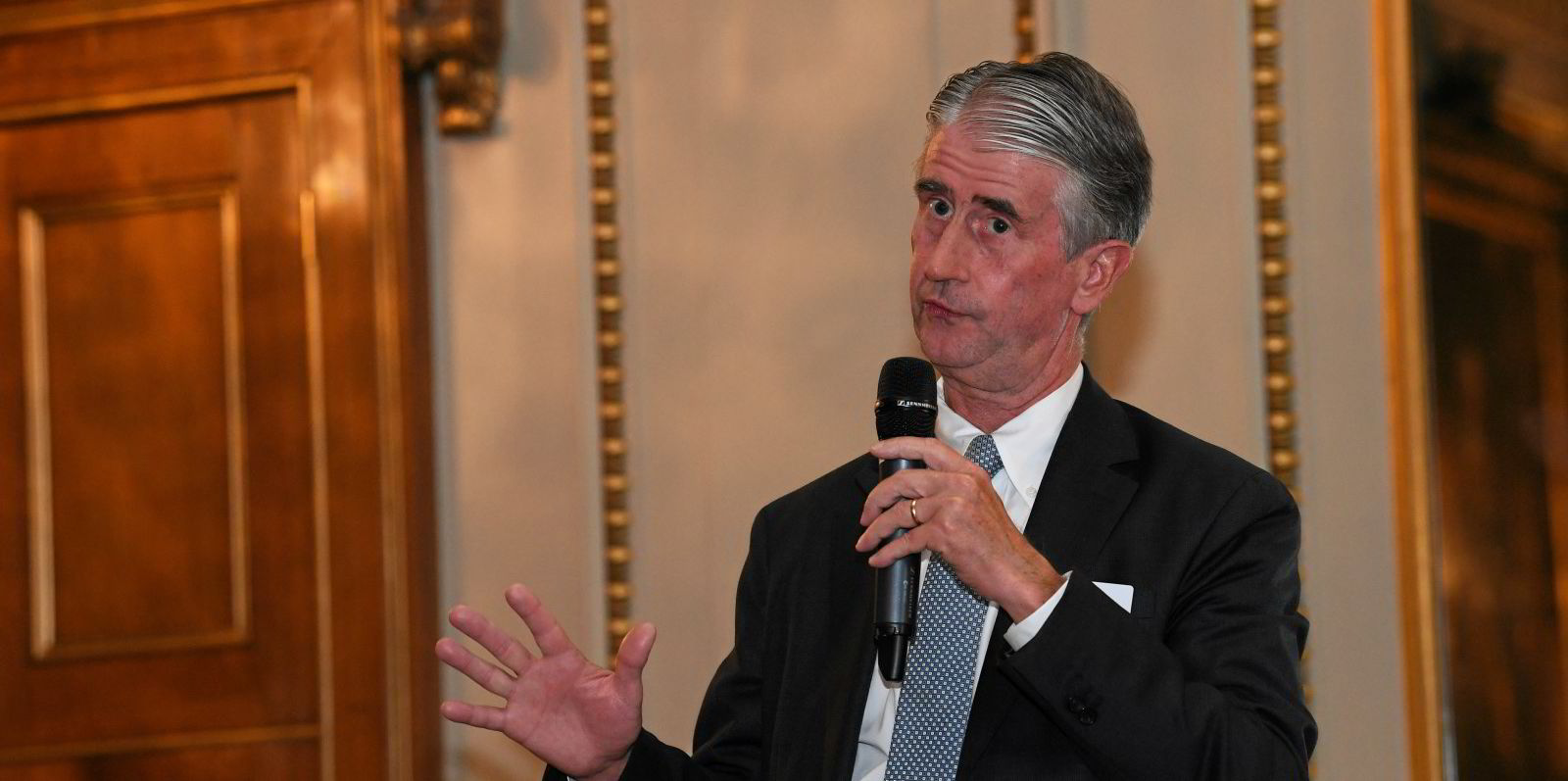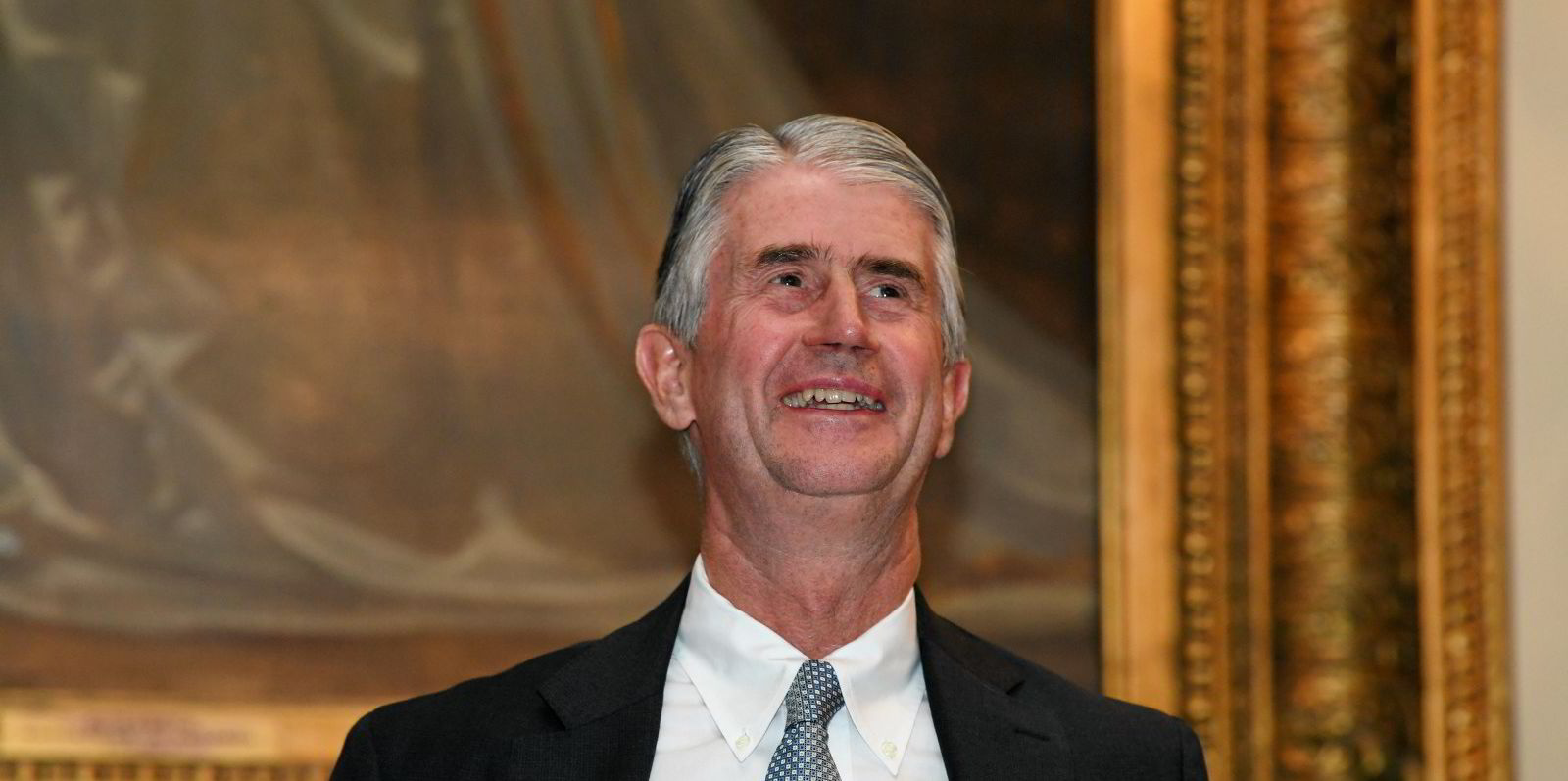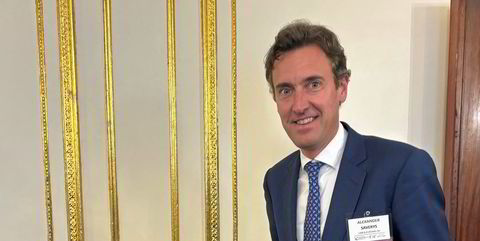Lars Rhodin will step down as Swedish Club managing director in 2023 after hosting a year of celebrations to mark its 150th anniversary.
“I’ll be 63 by then and it’s time to let someone else take over,” he said, reflecting on his 14 years leading the marine insurer.
Rhodin will be replaced by former Gard underwriting executive Thomas Nordberg.
The upcoming milestone has provided an opportunity to think about how the Swedish Club got to where it is today, as it plans for a new future.
Digging deep into its history, Rhodin can find plenty of evidence to be optimistic, despite the current troubles of the protection and indemnity market.
Based in Sweden’s second-largest city, Gothenburg, the mutual survived the decline of the country’s maritime industry to emerge as a leading international marine insurer.
It has spread its wings to find new business in the shipowning hubs of Greece and the Far East.
Asked how the club has managed to survive, Rhodin said it is simply a “matter of adapting”.
Adapting to change has been key to its success since it was established to provide marine insurance for a new era of iron steamships that were to replace wooden sailing ships.
But the modern Swedish Club emerged out of the 1960s, when it merged with marine insurers in the north and south of the country.
Beyond Sweden
The consolidated outfit was able to take on the challenge of expanding beyond Sweden.
“The critical period for the club came in the late 1970s,” Rhodin said. “After the oil crisis, shipping companies began to sell out. Swedish salaries became much higher and shipping companies could no longer compete.”
The club’s business began to internationalise as local owners sold and chartered back tonnage, and the new owners maintained insurance coverage with the mutual.
“At that time, the Swedish Club entered into discussions about what to do with the business and we decided to go international,” he said.
The result is the club has kept its roots firmly in Gothenburg, which looks after its Scandinavian and north European business. Maintaining traditional Swedish business values such as trust is a must, Rhodin said.

The Swedish Club now operates a regional office in Piraeus, where Greek owners now provide about 20% of its business. It also has outposts in Hong Kong and Tokyo, and has been growing in the Middle East, South America and North America.
While many clubs are diversifying into hull and machinery, the Swedish Club started out as a hull and machinery insurer before diversifying into P&I around 1910. Today, it has a full line of marine insurance risks covered.
Diversified package
A diverse range of product lines has helped it throughout its history and will do so in the future, according to Rhodin.
“One key thing in our history is the way we have offered a diversified marine package,” he explained. “In challenging times for the P&I business, it has been supported by marine insurance, and vice versa.
“For us it has been a strength. We are in a volatile business, and to have another leg to stand on has been very beneficial.”
The club has also adapted by embracing digitalisation through its Trade Enabling Loss Prevention platform, which has gone down well with members, Rhodin said.
Digitalisation also has the power to make business more efficient. But the club’s focus on service means it must retain “day-to-day contact with members”, he said.
The Swedish Club, like all the members of the International Group of P&I Clubs, is suffering during a period of high claims, which are not being covered by premium income.
Some observers suggest consolidation as the way forward, with mergers between the Nordic clubs touted as one possible amalgamation. But Rhodin does not think P&I clubs need to consolidate their way out of the industry’s current struggles.
“There are 13 clubs today and there will be 13 clubs for a long time. There needs to be a good reason to consolidate, and even after consolidating, there would still be challenges if there is still not enough premium.”








